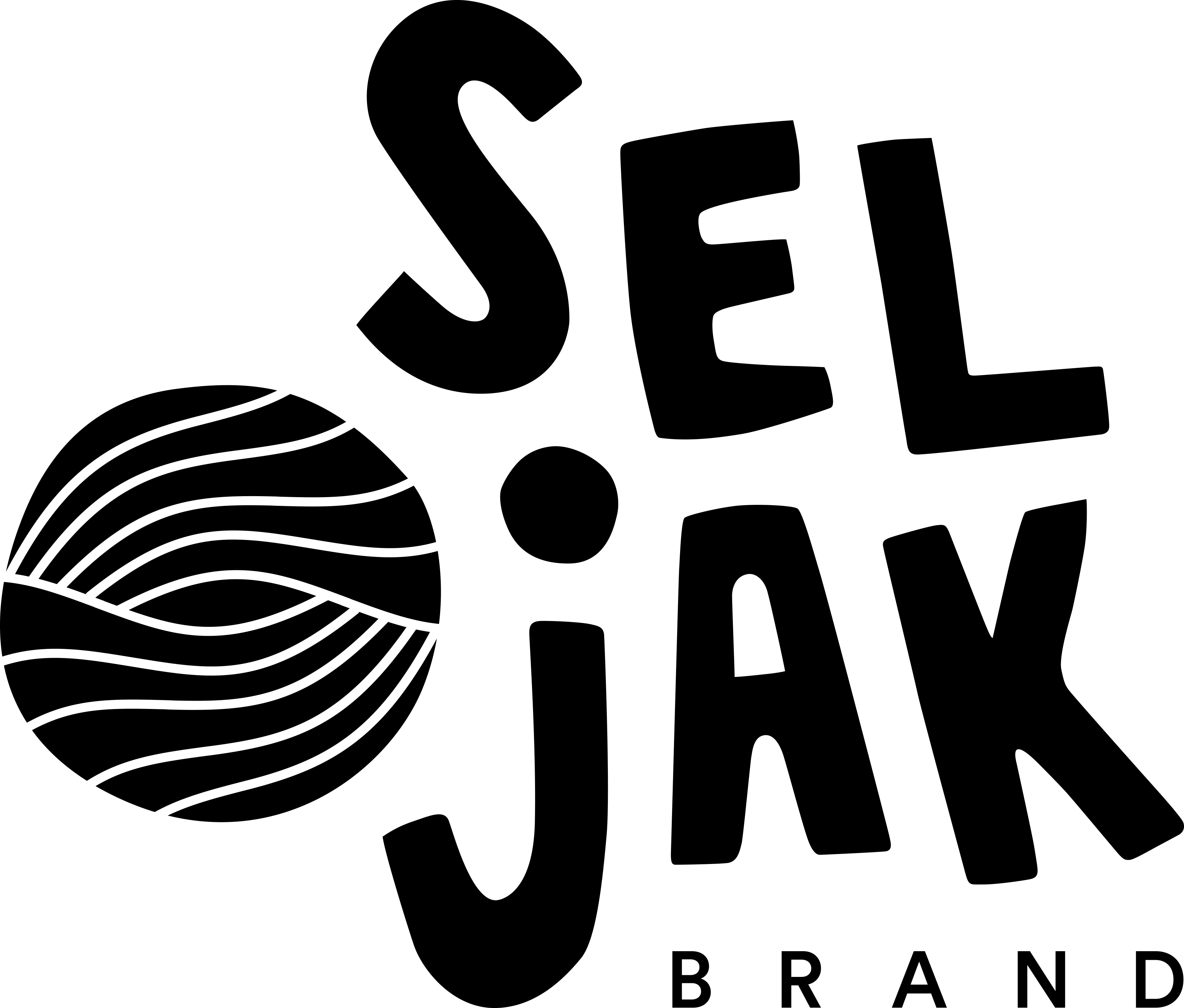Congratulations to the winner of The Design Files + Laminex Sustainable Design or Initiative Awards 2020: Good Citizens!
Seljak Brand was proud to be the winner of last year’s award and this year, Seljak Brand Co-founder & Director Karina was invited to judge the same category, which was expanded to include programs and services as well as products.
As more and more sustainable products enter the market, and ‘greenwashing’ becomes prevalent, innovative sustainable design is quickly evolving to stay ahead of trends by remaining accountable to the goal – to create less harmful products, and better yet, ones that benefit people and the planet.
From the extremely high calibre of applicants this year we saw inclusive product features, models for access rather than ownership, designers taking into account the full lifecycle of products, and community-led product engagement (think local delivery of washing liquid refills).
The stringent Awards criteria looks for the best in originality, functionality, impact, visionary thinking and visual appeal – and Good Citizens delivers on every one.
“As well as using 100% waste, here’s a clever minimal and modular approach to extend the product life cycle of something forever breaking – the eye glasses” – Karina Seljak

Classic shapes come in colours Cola, Lemonade and Aqua
Good Citizens makes 100% recycled sunglasses from the same amount of plastic as a 600ml single-use bottle. There are no screws or metal and the glasses are ‘fixable and mixable’, allowing the wearer to pull apart and rebuild their glasses with replacement pieces if they break. When the user is finished with their sunnies, they can pop out the lenses and chuck the frames in the recycling bin.
Good Citizens was founded by Nik and his son Harry in 2018 when Harry (then 8 years old) expressed great concern about the environment. Grappling with the realities of climate change and the growing plastic waste problem, Harry was inspired by the likes of David Attenborough. Nik and Harry decided it was time to act, and landed on creating a product from plastic waste that many Australians need – sunnies.

A standard 600mL bottle is turned into a pair of sunnies
The glasses are manufactured in Sydney using custom built machinery and are hand assembled. The recycled plastic comes from recycled bottles from Japan, Thailand and Australia, all of which have fairly good sorting mechanisms allowing for a pure waste stream. The plastic is flaked into ‘cornflakes’, then converted to pellets that can be moulded into frames. The scientific process of locally rebuilding polymers has required significant innovation investment and a trial-and-error approach, which has tested the family and the makers considerably.
But to the benefit of the planet – Good Citizens truly raises the bar. The only elements of their product not recycled, including packaging, are a cotton thread and small label used in the glasses case and the polarised lenses. We’re impressed, to say the least, and excited to watch as the waste-to-resource movement continues to push for better design.

Nik, Harry, and his brother Archie, in the workshop
Nik is now involved in shifting policy around recycling and manufacturing in Australia, and Harry juggles his weekly WIPs (work-in-progress meetings) and founder meetings with school.
Harry has been approached by the press and his peers with investment requests which is an ode to his ability as a child to inspire a family, the consumer market and school kids as a reminder that yes, in fact, we can do something to make a difference.
In discovering Good Citizens eyewear we are reminded by iFixit’s Self-Repair Manifesto, which says repair saves you money, teaches you engineering and saves the planet.

You can pull apart and fix the glasses yourself
A big congratulations is also due to the category’s Commendations, which went to Dowel Jones + Soft Serve Studio’s New Model 1 Hour Tote and Returnr Deposit + Returns system and products.


The New Model 1 Hour Tote uses commercial textile waste to make bags – note all non-recycled elements are highlighted in fluro green.

Returnr elegantly reduces the amount of disposable packaging used in transporting meals for take away customers.
It’s when we consider all stakeholders in design that we’ll see a paradigm shift in how we make and use things and enhance positive outcomes for society and the environment.

